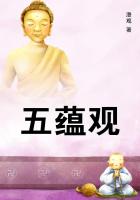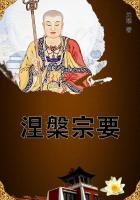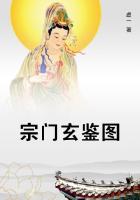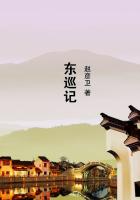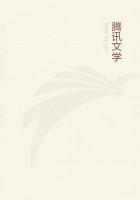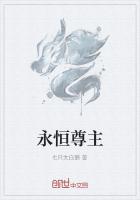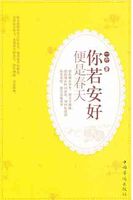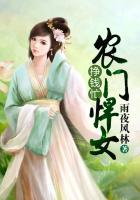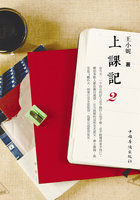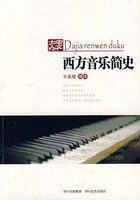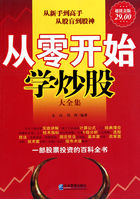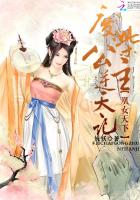The lowest human type exhibits the baser nature; the man is a compost calling to mind inferior political organization: in the mid-type we have a citizenship in which some better section sways a demotic constitution not out of control: in the superior type the life is aristocratic; it is the career of one emancipated from what is a base in humanity and tractable to the better; in the finest type, where the man has brought himself to detachment, the ruler is one only, and from this master principle order is imposed upon the rest, so that we may think of a municipality in two sections, the superior city and, kept in hand by it, the city of the lower elements.
18.There remains the question whether the body possesses any force of its own- so that, with the incoming of the soul, it lives in some individuality- or whether all it has is this Nature we have been speaking of, the superior principle which enters into relations with it.
Certainly the body, container of soul and of nature, cannot even in itself be as a soulless form would be: it cannot even be like air traversed by light; it must be like air storing heat: the body holding animal or vegetive life must hold also some shadow of soul; and it is body thus modified that is the seat of corporeal pains and pleasures which appear before us, the true human being, in such a way as to produce knowledge without emotion.By "us, the true human being" I mean the higher soul for, in spite of all, the modified body is not alien but attached to our nature and is a concern to us for that reason: "attached," for this is not ourselves nor yet are we free of it; it is an accessory and dependent of the human being;"we" means the master-principle; the conjoint, similarly is in its own way an "ours"; and it is because of this that we care for its pain and pleasure, in proportion as we are weak rather than strong, gripped rather than working towards detachment.
The other, the most honourable phase of our being, is what we think of as the true man and into this we are penetrating.
Pleasure and pain and the like must not be attributed to the soul alone, but to the modified body and to something intermediary between soul and body and made up of both.A unity is independent:
thus body alone, a lifeless thing, can suffer no hurt- in its dissolution there is no damage to the body, but merely to its unity-and soul in similar isolation cannot even suffer dissolution, and by its very nature is immune from evil.
But when two distinct things become one in an artificial unity, there is a probable source of pain to them in the mere fact that they were inapt to partnership.This does not, of course, refer to two bodies; that is a question of one nature; and I am speaking of two natures.When one distinct nature seeks to associate itself with another, a different, order of being- the lower participating in the higher, but unable to take more than a faint trace of it- then the essential duality becomes also a unity, but a unity standing midway between what the lower was and what it cannot absorb, and therefore a troubled unity; the association is artificial and uncertain, inclining now to this side and now to that in ceaseless vacillation;and the total hovers between high and low, telling, downward bent, of misery but, directed to the above, of longing for unison.
19.Thus what we know as pleasure and pain may be identified: pain is our perception of a body despoiled, deprived of the image of the soul; pleasure our perception of the living frame in which the image of the soul is brought back to harmonious bodily operation.The painful experience takes place in that living frame; but the perception of it belongs to the sensitive phase of the soul, which, as neighbouring the living body, feels the change and makes it known to the principle, the imaging faculty, into which the sensations finally merge; then the body feels the pain, or at least the body is affected: thus in an amputation, when the flesh is cut the cutting is an event within the material mass; but the pain felt in that mass is there felt because it is not a mass pure and simple, but a mass under certain [non-material] conditions; it is to that modified substance that the sting of the pain is present, and the soul feels it by an adoption due to what we think of as proximity.
And, itself unaffected, it feels the corporeal conditions at every point of its being, and is thereby enabled to assign every condition to the exact spot at which the wound or pain occurs.Being present as a whole at every point of the body, if it were itself affected the pain would take it at every point, and it would suffer as one entire being, so that it could not know, or make known, the spot affected; it could say only that at the place of its presence there existed pain- and the place of its presence is the entire human being.
As things are, when the finger pains the man is in pain because one of his members is in pain; we class him as suffering, from his finger being painful, just as we class him as fair from his eyes being blue.
But the pain itself is in the part affected unless we include in the notion of pain the sensation following upon it, in which case we are saying only that distress implies the perception of distress.
But [this does not mean that the soul is affected] we cannot describe the perception itself as distress; it is the knowledge of the distress and, being knowledge, is not itself affected, or it could not know and convey a true message: a messenger, affected, overwhelmed by the event, would either not convey the message or not convey it faithfully.
20.As with bodily pain and pleasure so with the bodily desires;their origin, also, must be attributed to what thus stands midway, to that Nature we described as the corporeal.

